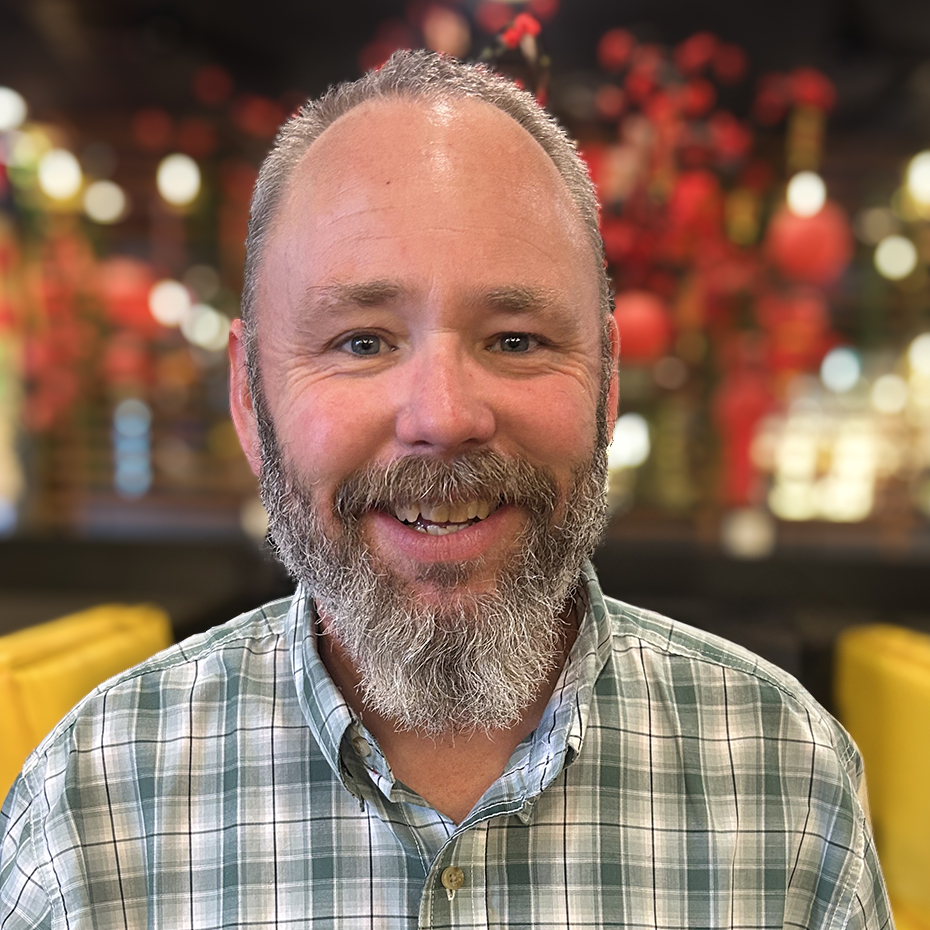By Michael Thompson
Discipleship isn’t static. It’s a dynamic journey with a beginning, an ongoing crucible of refinement, and a glorious end. Discipleship hinges on surrendering to Jesus.
Believers often face a pivotal post-conversion moment — a call to a deeper, committed life in Christ. This sanctifying process involves repeated acts of commitment and surrender. Discipleship isn’t just facts; it’s intimately knowing Jesus, the living person, “the image of the invisible God,” in whom “the fullness of the Deity lives in bodily form” (Colossians 1:15, 2:9).
About 30 years ago, I freshly graduated with a degree in pastoral ministry. I thought I had life figured out. I projected competence, overflowing with Bible knowledge. Yet, internally, I lacked character and had many defects. Youth ministry quickly exposed these. Through accountability after resigning, I found I knew about Christ, but hadn’t truly yielded to Jesus.
_
“Discipleship starts with realizing: ‘I can’t do what God wants for me on my own.’”
_
Rick Warren, in his Life’s Healing Choices videos[1], perfectly described my experience as “playing whack-a-mole.” Like that frantic game, I was playing God in my own life, desperately trying to smash down problems and character defects. No matter how much I tried to keep it together, I couldn’t.
There was no dramatic, instant transformation. It began with a stark realization: my powerlessness and life’s utter unmanageability. This led to a profound belief only God could restore me, and then a conscious decision to turn my will and life over to Christ’s care and control. This initial surrender isn’t a onetime event; it’s a repeated process throughout discipleship. We are clay pots carrying salvation’s treasure, sometimes leaking, always needing refilling.
About three years post-resignation, counseling led me to a men’s group. Though not Celebrate Recovery as I expected, this “mistake” was divine. In that group, I found vulnerability that compelled me to drop my mask.
My journey of knowing Jesus and His power truly began sharing “the first step.” Articulating who I really was, the chaos of my life became undeniably clear. While recovery language isn’t for everyone, discipleship starts with realizing: “I can’t do what God wants for me on my own.” We excel at spinning plates and hiding behind smiles, feeling like the Titanic’s band. We’ll never move beyond facts about God until we honestly admit powerlessness over our tendency to do wrong. We are bundles of contradictions — light and darkness playing hide-and-seek with community and Jesus.
Hope for the Powerless
The foundational act of discipleship is surrender, powerfully illuminated by the first three Celebrate Recovery principles. These biblical truths paved my way from “believer playing God” to true follower. They offer a practical, step-by-step framework to walk further up and further in with Christ.
“We admitted we were powerless over our addictions and compulsive behaviors, that our lives had become unmanageable,” Celebrate Recovery states while pointing to Matthew 5:3. For me, this wasn’t substance addiction, but a deep addiction to control — being my own god. This was my “whack-a-mole” game. Anger, brashness, managing perceptions — moles I frantically smashed. I thought trying harder, reading and praying more could fix me. But the harder I tried, the more those issues erupted.
_
“We believe in a God who doesn’t just save us from our mess, but through it, conforming us to Christ.”
_
This principle directly confronts our pride and self-sufficiency, and it demands humility. We reach our limit, realizing self-control without internal transformation is futile. Only surrendering our illusion of control allows God’s power to work. In that men’s group, articulating my chaotic life, I finally surrendered the club. I stopped playing whack-a-mole, admitting, “I can’t do this anymore.”
Following the difficult admission of powerlessness comes hope: “We came to believe that a power greater than ourselves could restore us to sanity” (see Jesus’ words in Mark 9:23). After years of self-reliance leading to misery, defeat could have meant despair. But true surrender isn’t giving up; it’s giving over. This principle invites belief that God — infinitely greater than our brokenness — desires to redeem and restore us.
For me, this meant moving beyond intellectual assent to truly trusting His presence. It transcended facts about Jesus to embracing the living, transforming person of Jesus. I accepted this Wesleyan truth: God’s grace isn’t just forgiveness; it’s empowerment for present holiness. We believe in a God who doesn’t just save us from our mess, but through it, conforming us to Christ. This belief fuels discipleship, assuring the crucible process is for refinement, not destruction.
From Belief to Action
The culmination is the third principle: “We made a decision to turn our will and our lives over to the care of God as we understood Him” (based on Romans 12:1). Here, belief translates into action — the conscious choice to surrender. For me, it wasn’t a single emotional outburst, but a profound choice to relinquish control and trust God to remove any and all defects of character and conform me to be like Christ.
This decision is discipleship’s heartbeat. It’s when we truly choose to follow. Importantly, it’s not a onetime event, but a daily consecration. Each morning, each challenge, we repeat this decision: surrendering our will, plans, fears, and desires to God’s loving care. This daily practice allows His sanctifying grace to work. It’s the consistent willingness to follow and yield. In C.S. Lewis’ “The Chronicles of Narnia” series, Aslan implored the Pevensie children to go “further up and further in” while in his Father’s country.
Embracing these principles isn’t just for extreme issues; it’s the fundamental starting point for anyone seeking to move beyond mere believer to fully devoted disciple. It is a humble, powerful invitation to cease playing God and allow the true God to lead you “further up and further in” while on the beautiful, transformative journey of following Him. As Brennan Manning wrote, “To live by grace means to acknowledge my whole life story, the light side and the dark. In admitting my shadow side, I learn who I am and what God’s grace means. As Thomas Merton put it, ‘A saint is not someone who is good but who experiences the goodness of God.’”[2]
Are you ready to surrender your own “whack-a-mole” game and let Jesus truly lead your life?
[1] The source material for this discipleship process is in: Baker, John. Life’s Healing Choices: Freedom from Your Hurts, Hang-ups, and Habits. New York: Howard Books, 2008.
[2] Brennan Manning, The Ragamuffin Gospel: Good News for the Bedraggled, Beat-Up, and Burnt Out (Colorado Springs, CO: Multnomah Books, 2005), 17.
+

Michael Thompson serves as co-lead pastor of Mount Carmel Free Methodist Church in Mount Carmel, Illinois, and chaplain at Ascension St. Vincent Hospital in Evansville, Indiana.











